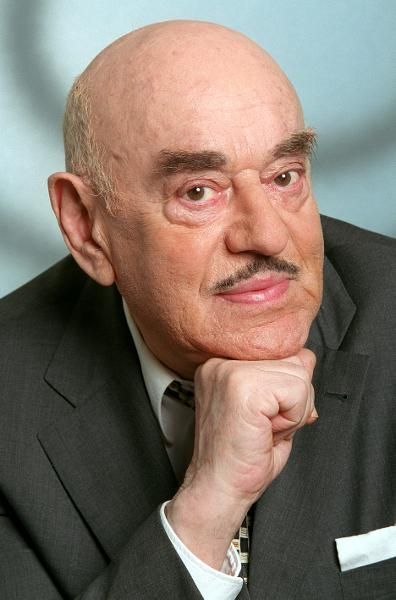Roman Polański in Munich: between fame and infamy

It was a beautiful and wild time back in the 1970s in Munich. Munich had been developing cinematically since the 1920s, and now film greats like Rainer Werner Fassbinder, Klaus Lemke and Werner Herzog as well as the renowned Bavaria Filmstudios turned the German film capital into a "Bavarian Hollywood". Schwabing beckoned as the hub of the world. And one of the people it beckoned was the famous director Roman Polański. Since his breakthrough as an internationally acclaimed Polish film director, Polański had led a jet-set life spinning like a carousel between London, Paris, Rome, Los Angeles and the Bavarian capital, where in 1976 he rented a suite in the Residenz-Hotel at the Arthur-Kutscher-Platz. Here in Munich he was entrusted with a new production of Verdi's Rigoletto at the Bavarian State Opera in the 1976/77 season. Up to now Polanski's life had already had many twists and turns. But this was the first time that he had been asked to direct an opera in Germany.
His parents Bella (née Katz-Przedborska) and Mojżesz Liebling had lived in Paris for several years when they decided to return to Poland in 1937 with their then three-year-old son Roman and his older half-sister Annette because of increasing anti-Semitism in France. The family emigrated to their father's hometown, Kraków. Caught unawares by the invasion of Poland by the German Wehrmacht, in 1941 the family ended up living in the Kraków Ghetto under miserable conditions. Roman went into hiding with a Catholic peasant family. As a result he was the only member of the family to escape the dissolution of the ghetto in Kraków in 1943 and the deportation to an extermination camp. His pregnant mother was murdered in Auschwitz. His half-sister Annette survived the extermination camp and joined her biological father in Paris at the end of the war. After the war Roman stayed in Poland with his father Mojżesz, who had returned from the Mauthausen concentration camp as a broken man and changed the family name to Polański.
After studying art at the Art School Liceum Sztuk Plastycznych in Kraków and following a course in directing at the Film Academy Państwowa Wyższa Szkoła Szkoła Filmowa, Telewizyjna i Teatralna im. Leona Schillera in Łódź, Roman Polański shot several short films in which he developed his unmistakable stylistic mixture of sombre atmospheres, grotesque and subtle ambiguities.[1] Polański won international recognition for his first feature film “Knife in the Water” (1962). It was awarded the Critics' Prize at the Venice Film Festival and nominated for an Oscar in the category “Best Foreign Language Film”. In contrast, his film met with little approval in Poland. The intimate thriller about a young couple on a yacht and a hitchhiker, that was harshly critical of Polish socialist society, was rejected by the state authorities and film critics in Poland. After a stay in Paris, Roman Polański decided not to return to Poland but to try his luck as a filmmaker in the West.
The movies “Repulsion” (1965) and “Cul-de-Sac” (1966) were followed by a huge hit, “Dance of the Vampires” in 1967. This brought Polański a ticket to Hollywood. One year later Polański finally became a star director with “Rosemary's Baby” (1968). In the same year he married the American film actress Sharon Tate, but in 1969 she was brutally killed by followers of the cult leader Charles Manson. According to Polański, her murder was the greatest drama of his life. In the years that followed Polański lived mainly in Europe, oscillating between different subjects and styles in his cinematic work and leaving many projects unfinished.[2] In 1974 he shot the film “Chinatown” that was to receive eleven Oscar nominations and is still regarded as one of the most important films in the 1970s. Although Polański had returned to his old strengths he abandoned filmmaking for a while to dedicate himself to other challenges.
[1] http://www.film-zeit.de/Person/31905/Roman-Polanski/Biographie/ (called up on 27.03.2018)
[2] Roman Polanski: Der Blick der Verfolgten. Eine Biographie, p. 211








